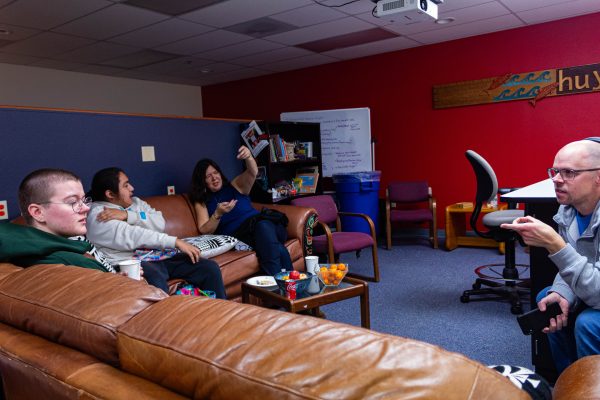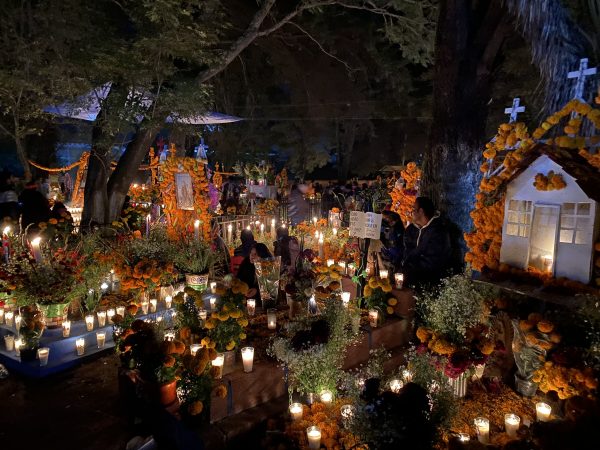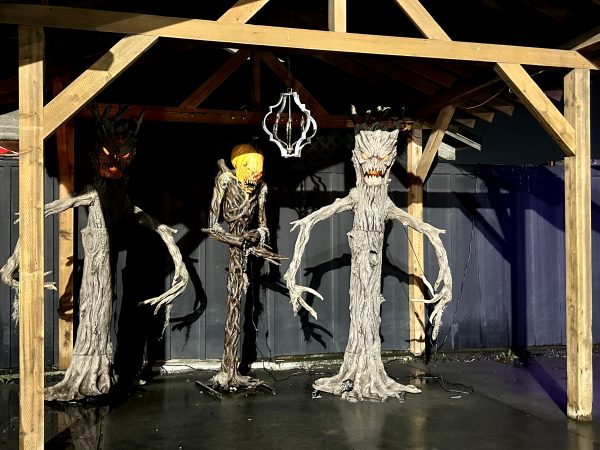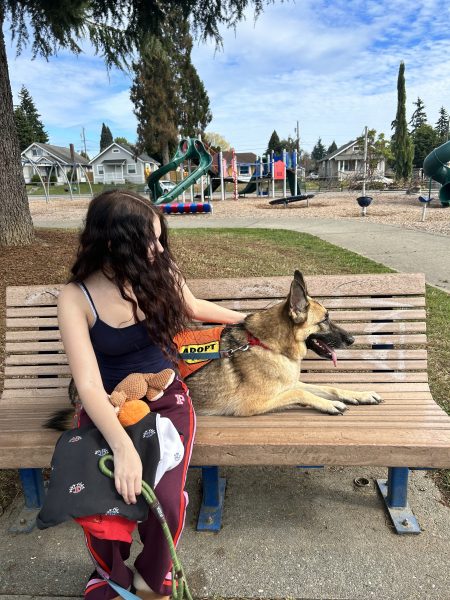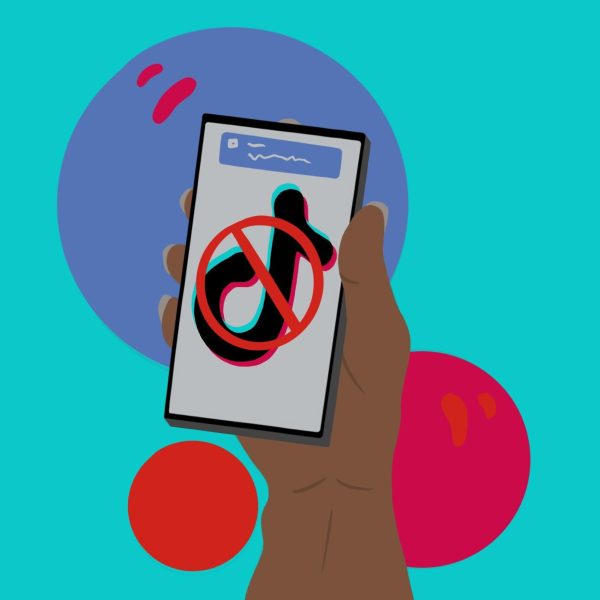Uniting The Sciences:10 Years of Humanities Alliance
Imagine going to a school where humanities wasn’t offered as a major or even a minor degree. The Humanities program aims to enhance the interdisciplinary studies with the integration of learning through engaged, critical, and creative thinking. To do so, questions about meaning, value, and significance are constantly asked to gain deeper understandings. Ten years ago, this was EvCC, that is until Joyce Walker stepped up and founded an alliance. Walker, an English and Humanities instructor here at EvCC, rounded up a few other instructors to form the Humanities Center, which will be known as the Humanities Alliance starting this year. Walker and the alliance saw that the Humanities were disappearing at this campus and wanted to make them more visible to the student eye and bridge the gap between the Humanities and STEM (Science, Technology, Engineering, and Mathematics) fields of study. To the naked eye these two fields of study may seem like they are very different but this alliance will prove otherwise.
If you’re interested in Humanities but have a STEM field major, here’s an eye opening opportunity to see how these two can be connected: the Humanities Alliance is hosting a series of 8 seminars here on campus that began Jan. 13 and will continue to take place every following Tuesday in the Jackson Memorial Center, room 106. The first seminar featured Cynthia Clarke, an anthropology instructor here at EvCC. The second seminar featured Fayla Schwartz, an EvCC instructor, who linked biology with humanities.
Clarke opened student’s eyes as she explained, “Anthropology is everything.” At the beginning of her lecture she gave a taste of what anthropology was and how she believes that anything and everything comes back to anthropology. As the lecture went on she introduced fire and why we should study it. Her whole lecture was tied into answering that question in three main approaches; the environmental, the biological, and the cultural approaches. This came from the biocultural approach that is really a combination of bringing together the four-field approach that anthropologists are taught. Each seminar will feature how humanities is connected with other sciences and arts so checkout how your major links with the Humanities.
The next lecture, presented by Fayla Schwartz, discussed Genetics and Aesthetics: Artificial Selection, Eugenics, and Gene Therapy. Schwartz talked about how plants are affected by artificial selection. She also touched base on mutations, and also went over Aesthetics and Gene Therapy; there were great success stories about Gene Therapy. She posed to the audience some interesting questions like “Do people still believe we can create superior human beings?” and “Is it legal to genetically modify animals or people?” These are important questions because the answers completely depend on what “code of ethics” the responder follows.

